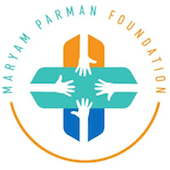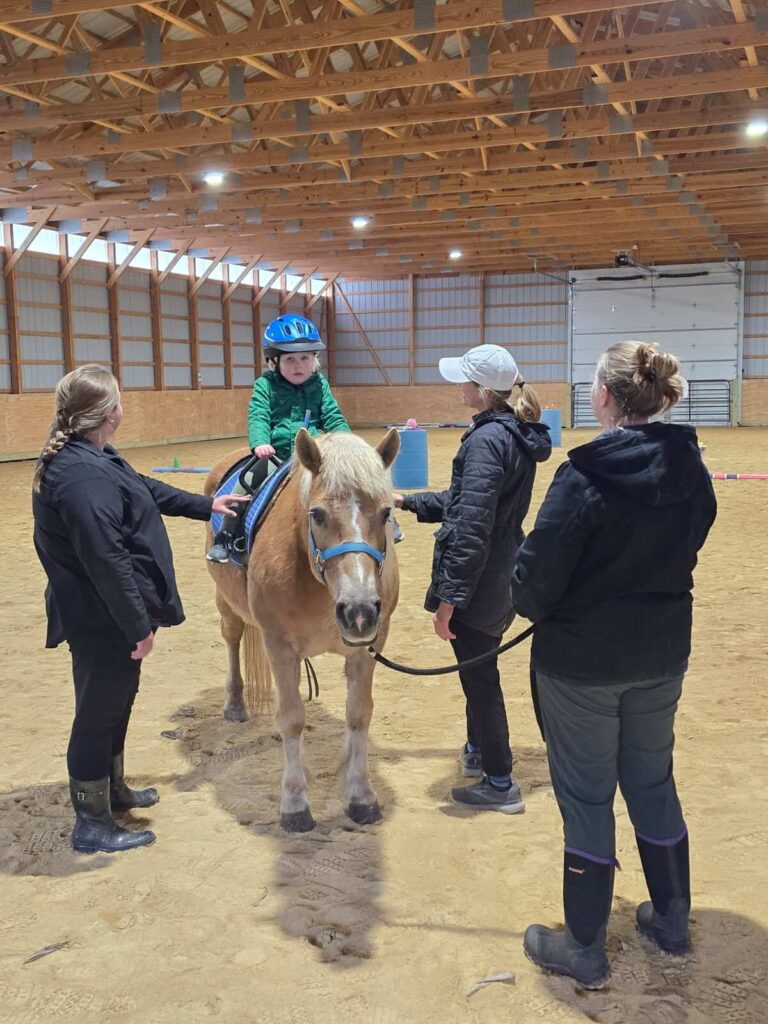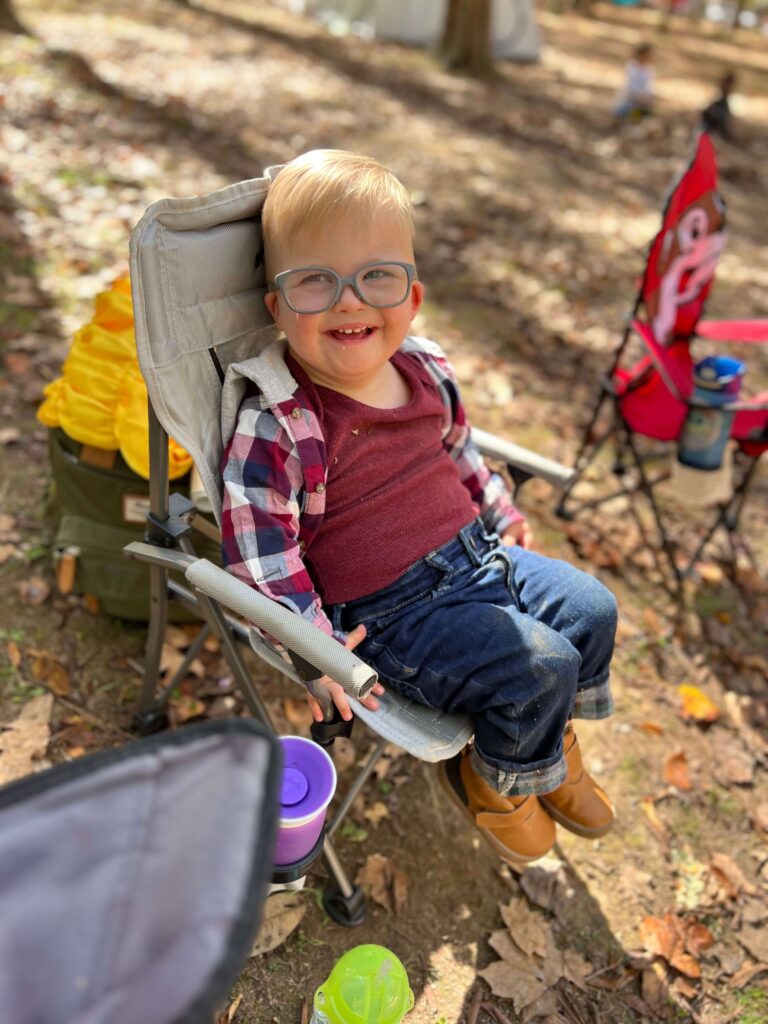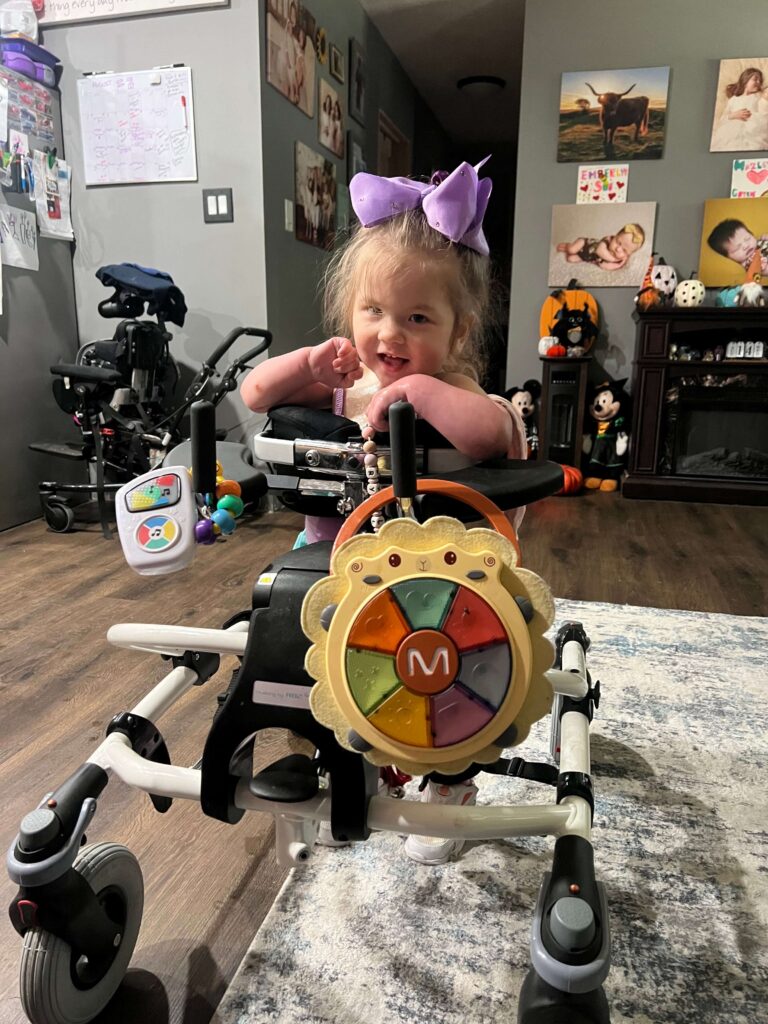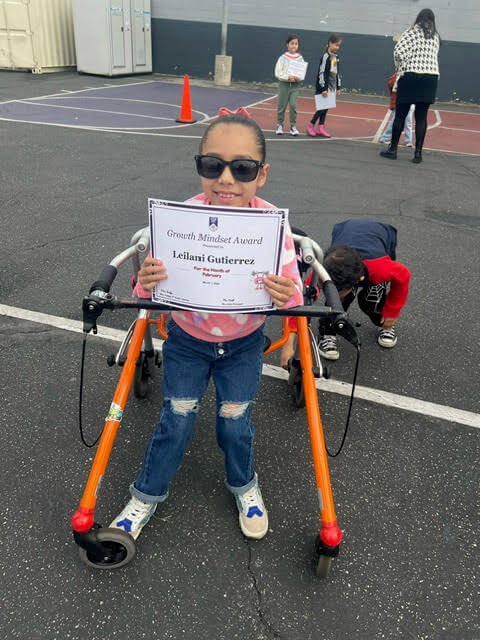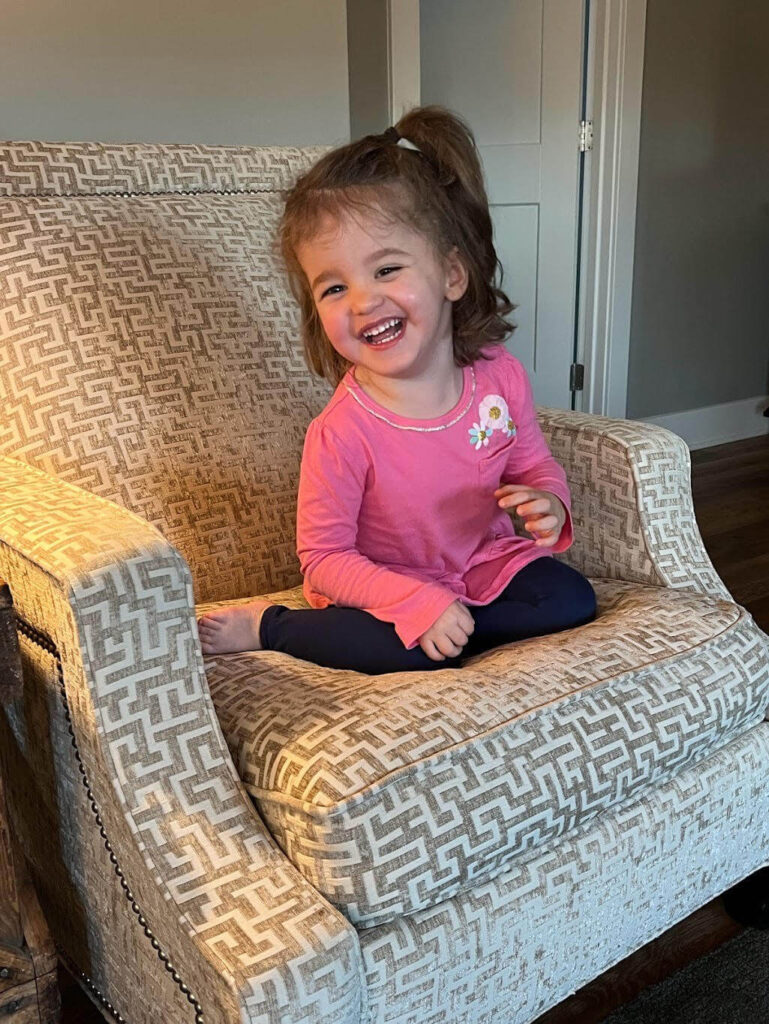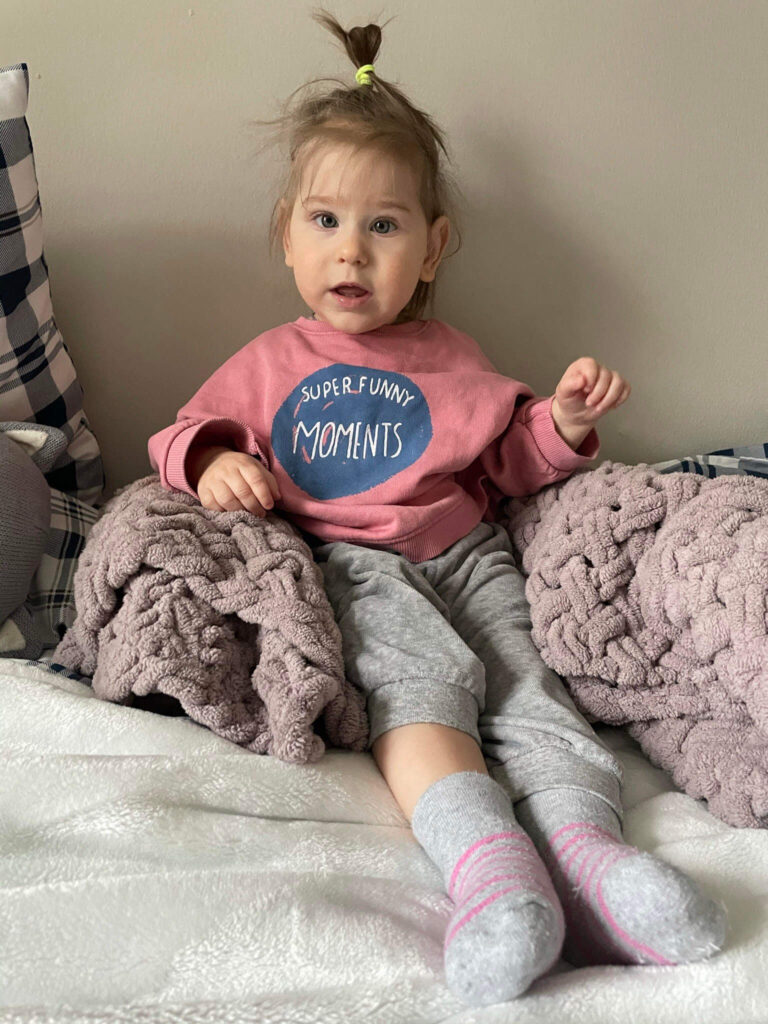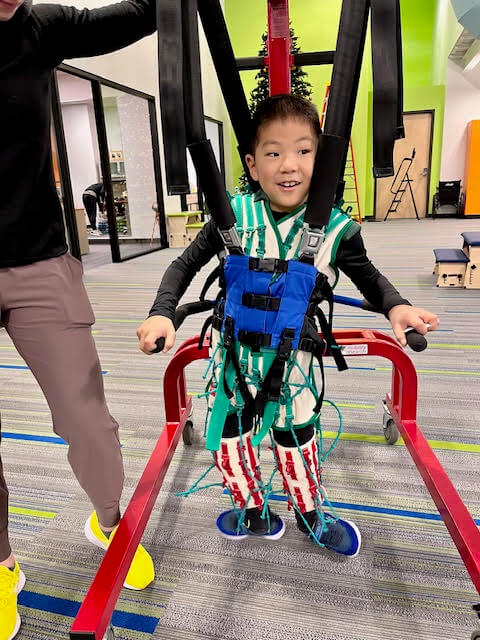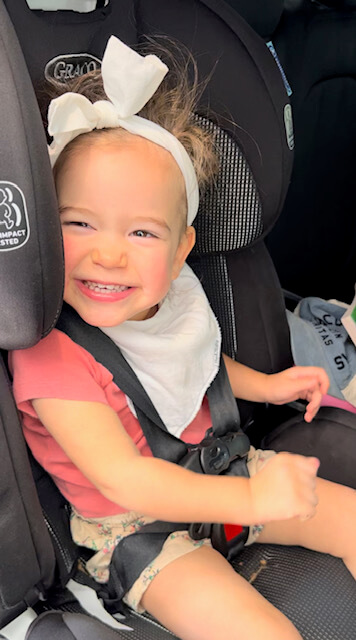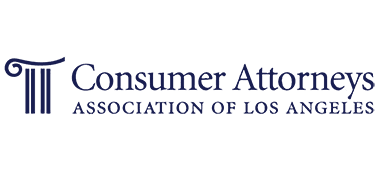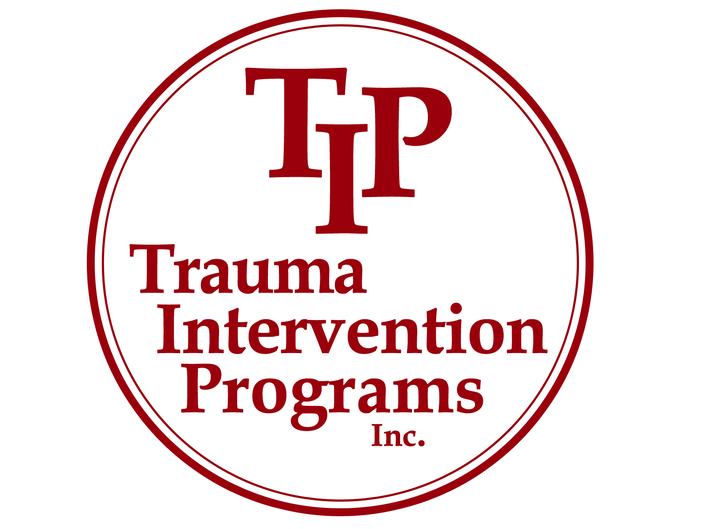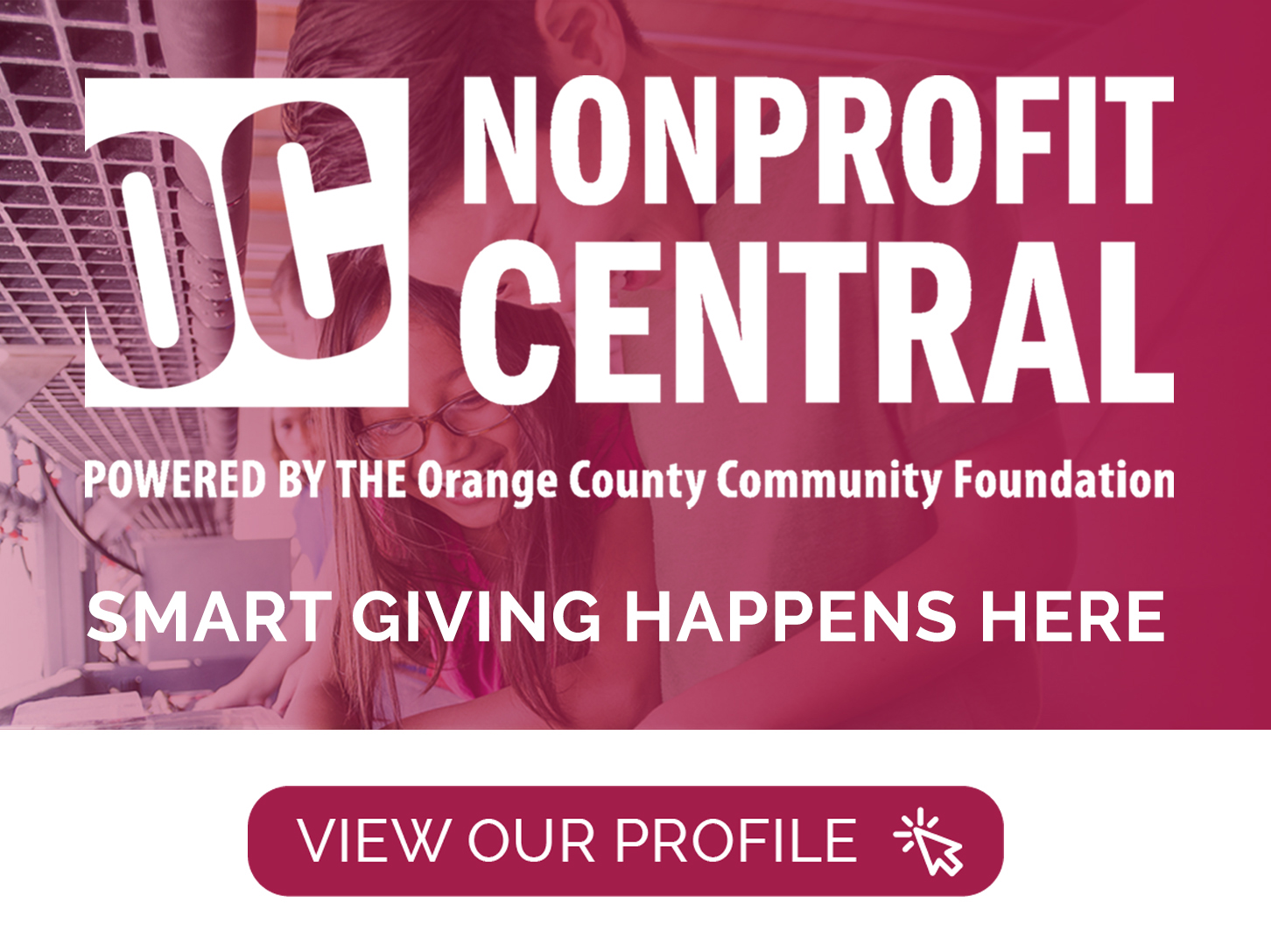The Inclusive Education Project Nonprofit is a team of Civil Rights Attorneys on a mission to educate and empower their community to ensure all children are given equal opportunities. On September 1, 2020 our Executive Director,Taylor Smith, sat down with Amanda Selogie and Vickie Brett from Inclusive Education Project, “IEP” for short, for a recording of their podcast to discuss the work The Maryam Parman Foundation for Children does for our kids and the parallels between their nonprofit’s work and advocacy for families in need.
What Is The IEP Podcast?
The IEP Podcast is hosted by Special Education and Civil Rights attorneys, Amanda Selogie and Vickie Brett, who believe “disability rights is the next frontier in civil rights,” and that “education is the key to building an inclusive society and ensuring that all students are given an equal opportunity.” This is a message MPFIC also believes in wholeheartedly and strives to ensure that no child falls between the cracks, despite their disabilities.
Each week Selogie and Brett share insight on topics ranging from education reform to advocating for equal rights for all students, and participating in modern activism. Their podcast offers user-friendly resources to help you and your family navigate the educational playing field. Their nonprofit aims to provide legal advocacy, education, and community for families of children living with disabilities. They specialize in Due Process Litigation, IEP and 504 Advocacy, School Discipline, School Advocacy, and Parent Coaching. They also provide pro bono services for Affirmative Immigration such as Petitions, Visas, and Citizenship.
MPFC has several children receiving grants from our foundation that have an active Individualized Education Program, commonly referred to as an “IEP,” which is a legal document under United States law that is developed for each public school child in the U.S. who needs special education. An IEP is created through a team of the child’s parent and district personnel who are knowledgeable about the child’s needs and outlines the supports and services that the district should provide to your child so that they make “appropriate progress in light of their circumstances.” An IEP is an important tool for a child with a disability’s education and something they are entitled to receive until graduation from high school or, in some cases, until they are 22 years old.
My Child Has an IEP. What Can I do?
If you think your child may be eligible for an IEP, you’ll want to first request an evaluation for special education from your school district. This will determine if your child qualifies for services and support. After your child is evaluated for an IEP, an evaluation team looks over the results and decides if your child is eligible. If your child doesn’t qualify for an IEP, they may qualify for a 504 plan, which is a plan that ensures a child with a disability identified under the law and is attending public school in the United States receives accommodations that will ensure their academic success and access to the learning environment. It is known that children with disabilities do best when included into classrooms with peers of their same age and are more likely to have jobs and pursue higher education. These federal laws aim to help a child with disabilities fulfill their potential post-graduation.
How We Can Help
An IEP contains various documents that may be confusing to navigate without prior experience. Some documents you will see are test results, goals for progress, and plans for the year. Our foundation can help connect you with a Special Education Advocate at no cost, help fund additional therapy for your child, and provide additional support navigating your child’s IEP process. Currently, we are working with Christian’s IEP team, along with his in-home tutor, to make sure Christian is progressing along with his peers in school.
If you have any questions regarding your child’s Individualized Education Program, or “IEP,” please do not hesitate to reach out to our foundation or contact Amanda Selogie or Vickie Brett at Inclusive Education Project for help.
